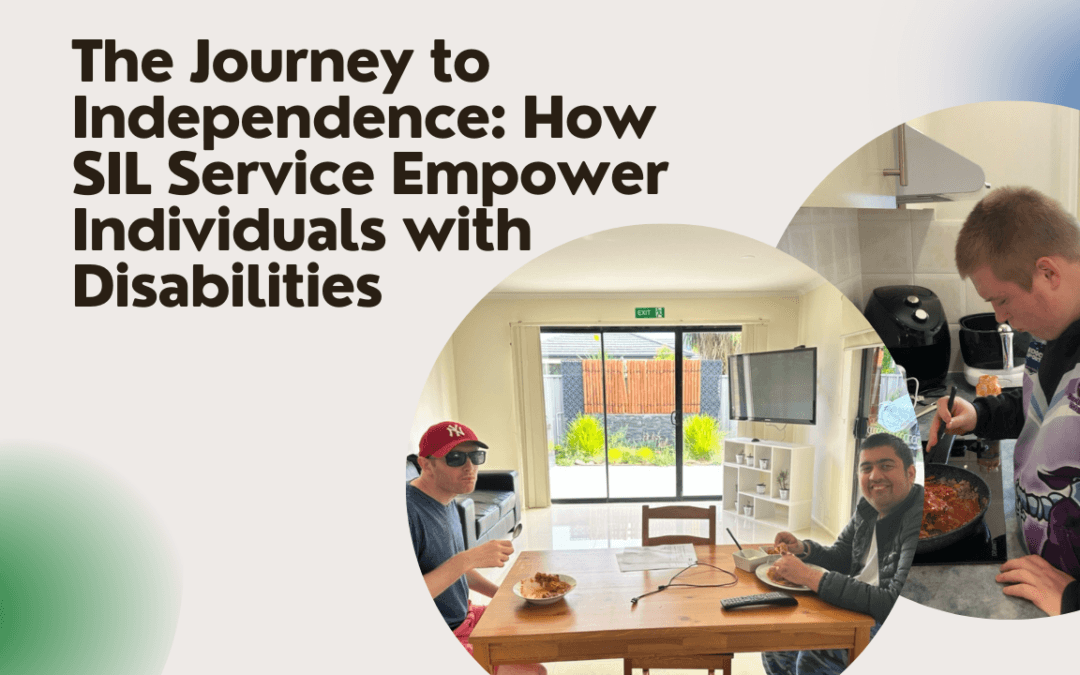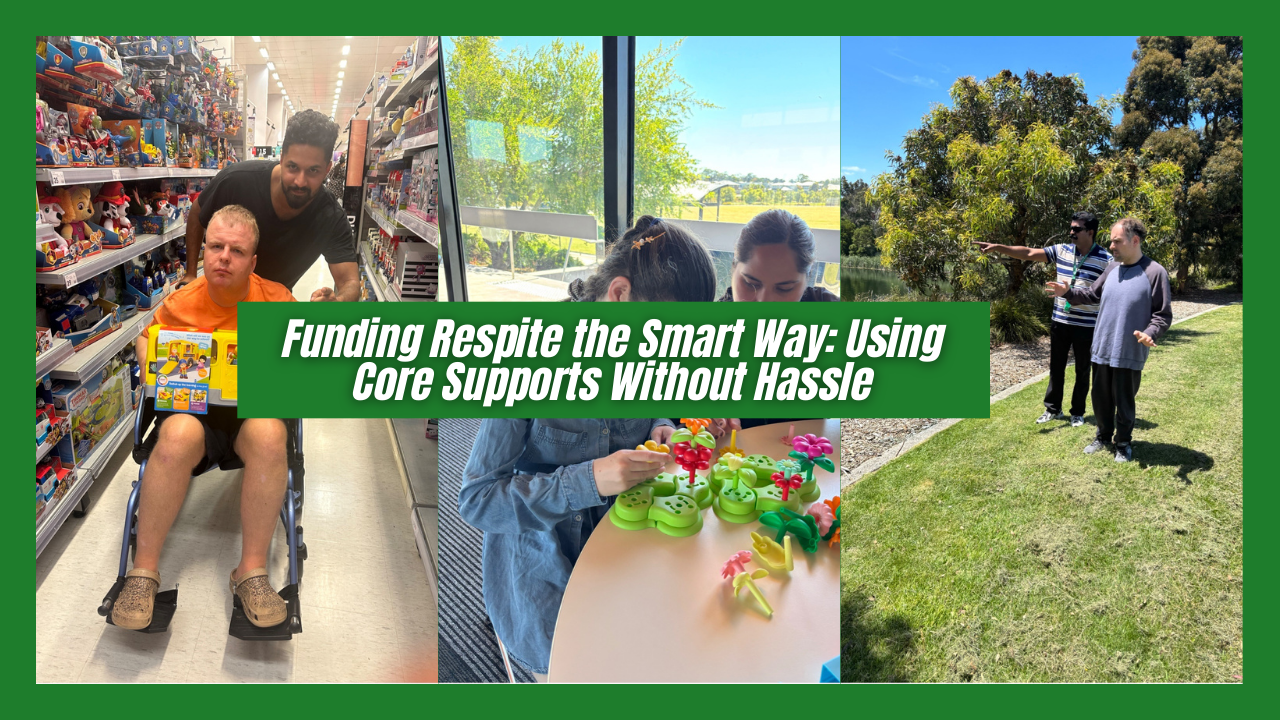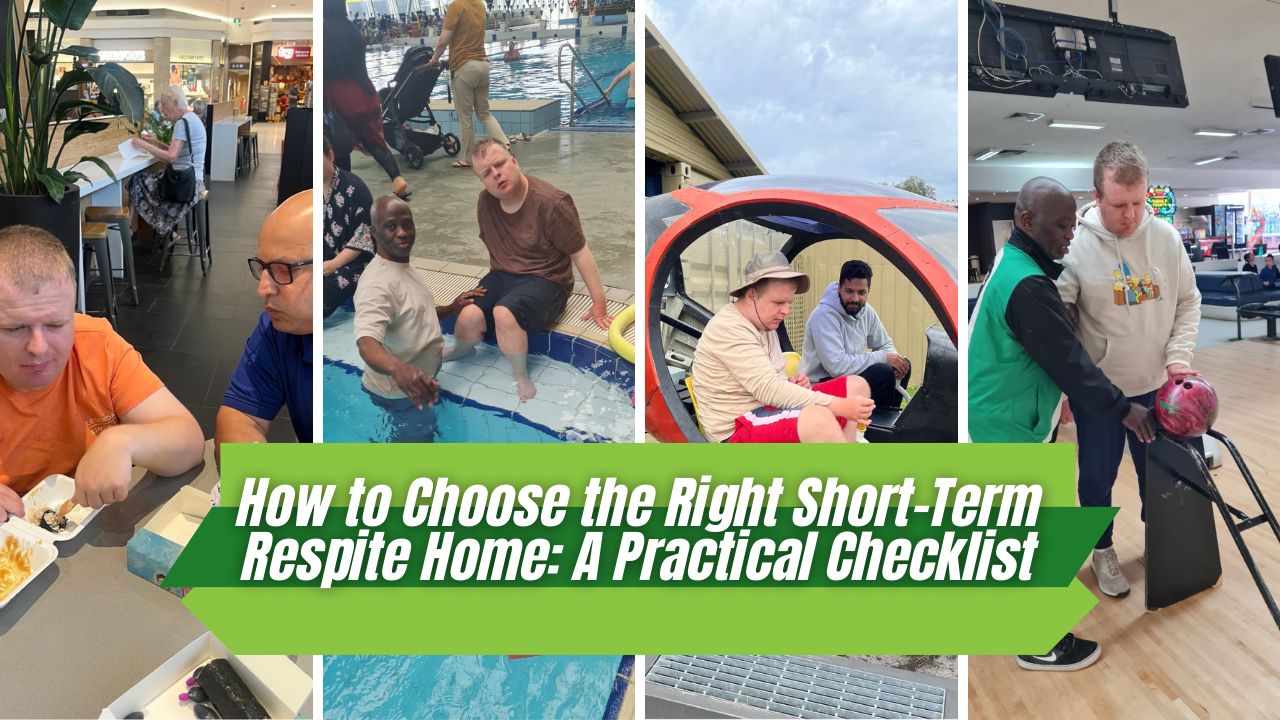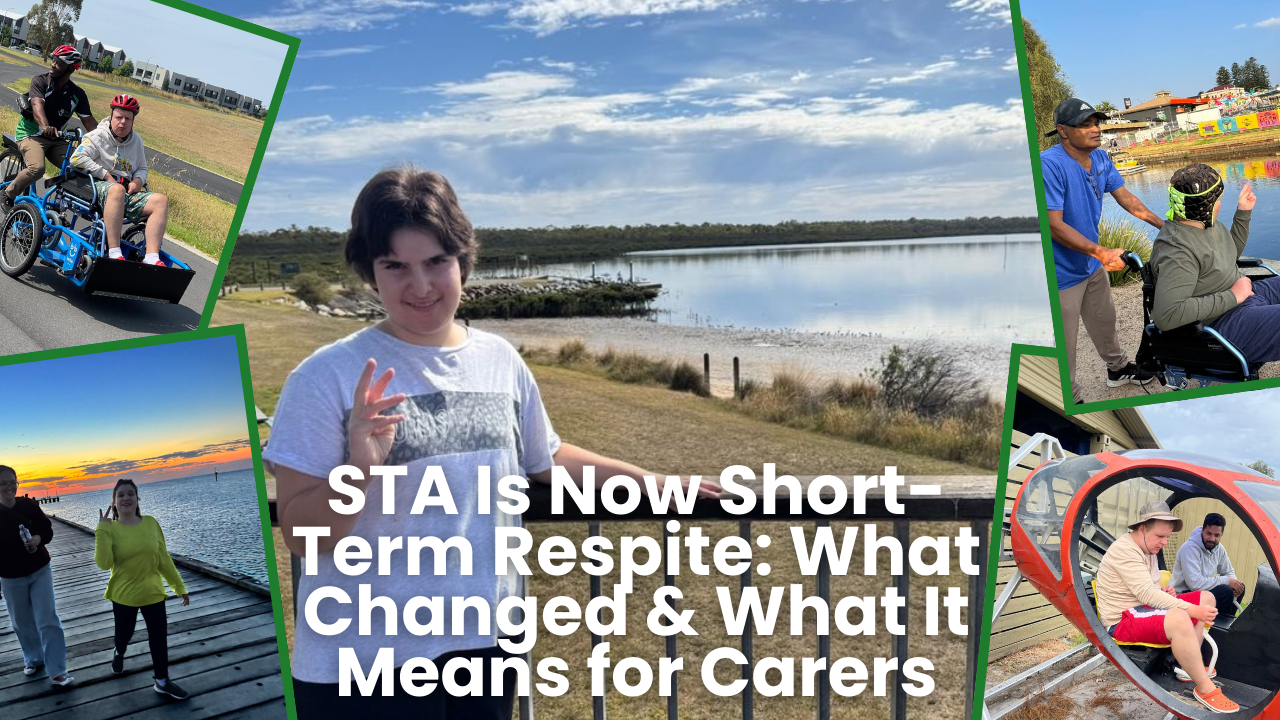Supported Independent Living (SIL) provides people with disabilities the extra support they need to live more independent lives. Disability support services are custom designed to assist individuals in developing independence, thereby improving their standard of living. This article explores how SIL services in Australia are making empowered living a reality through short-term accommodation (STA) and long-term support options. It also highlights the vital role that supported independent living specialists play in helping people achieve their personal goals.
What is Supported Independent Living (SIL)?
Supported Independent Living (SIL) provides assistance with daily activities such as meal preparation, personal hygiene, and community engagement, enabling people living with a disability to continue living in their own homes or within shared housing. Unlike institutional care, SIL empowers individuals to make their own choices about how they want to live.
Supported Independent Living (SIL) specialists in Australia work to create personalised support plans that align with an individual’s goals, helping them to flourish while addressing their unique needs. SIL caters to individuals with a wide range of requirements, from mild physical or cognitive limitations to more complex challenges, aiming to bridge the gap between dependence and self-sufficiency.
Benefits of Supported Independent Living
1. Personalised Independence: SIL offers tailored support designed to promote confidence-building and decision-making, recognising that the ability to make choices and build confidence are essential aspects of achieving true independence.
2. Community Integration: SIL services support individuals in attending social events, accessing job opportunities, and participating in community activities, fostering a sense of belonging and connection.
3. Life Skills Training: SIL provides basic life skills training in areas such as budgeting and cooking, enabling individuals to manage daily chores and embrace the responsibilities of independent living effectively.
4. Individualised Scheduled Support: Support plans are responsive and flexible, designed to adapt to an individual’s changing needs over time. They can provide more or less support as required, depending on the person’s circumstances and state of well-being.
The Role of a Supported Independent Living Specialist
The Supported Independent Living (SIL) Specialist plays a pivotal role in the SIL process. Trained to provide physical, emotional, and social support, they act as mentors, advocating for the independence of service users. SIL specialists collaborate with families, caregivers, and health professionals to develop customised support plans that comply with the National Disability Insurance Scheme (NDIS). This holistic approach ensures individuals have the resources and support they need to lead fulfilling lives on their own terms.
What is Short Term Accommodation (STA)?
Short Term Accommodation (STA), including respite care, is a vital disability support service. STA provides temporary housing and care, offering individuals and their families much-needed breaks. It also gives people the opportunity to practice independent living skills and socialise in a new environment without feeling overwhelmed.
STA is often used as a short-term solution while individuals await access to long-term Supported Independent Living (SIL). During their stay, individuals participate in a range of structured activities and learn essential daily living skills, helping to build confidence and ease the transition to independent living. This preparation ensures a smoother adjustment to permanent SIL arrangements.
How STA and SIL Work Together
A good entry point is to use Short Term Accommodation (STA), allowing people with disabilities to experience a form of independent living in an environment that is not too demanding. STA enables them to test the waters for potential SIL suitability, meet support needs, and adjust to new routines. STA also provides families with a glimpse of how their loved ones might fare when living independently, offering reassurance or early indications of the need for support later down the track. As individuals gain confidence and independence, they can transition seamlessly from STA to long-term SIL with the guidance of a Supported Independent Living Specialist.
Why Independence Matters
For people with disabilities, independence goes beyond simply being physically separate from a caregiver. It is about autonomy—having the ability to make decisions and take actions that shape their own lives. Supported Independent Living (SIL) and Short-Term Accommodation (STA) offer opportunities for individuals to move beyond traditional living arrangements, empowering them with the freedom to choose how and where they want to live.
Having independence fosters self-confidence and resilience, contributing significantly to both physical and mental well-being. The transition to independence is often facilitated by disability services, which can have a profound and lasting impact on an individual’s quality of life.
Starting with SIL and STA
So, if you are thinking of SIL or STA, a good place to start is by learning about the NDIS process and finding a supported independent living specialist. A specialist can advise you on the appropriate type of accommodation and specific support needed to plan programs that help with skill-building and independence. Special Care Australia delivers a diverse range of services—each designed to promote independence while ensuring all participants receive the necessary support.
Empowering Independence: Specialised SIL and STA Support from Organisations like Special Care Australia
Organisations like Special Care Australia provide targeted support in both Supported Independent Living (SIL) and Short-Term Accommodation (STA), empowering individuals with disabilities to thrive independently. Key supports include:
Skill-Building: Personalised training in household management, navigating public transportation, job readiness, grocery shopping, and personal care.
Social Integration: Activities designed to foster friendships and build community connections.
Health & Safety: Regular check-ins and safety measures to ensure overall well-being.
Goal-Oriented Plans: NDIS-aligned support plans that promote independence at a comfortable and individualized pace.
Final Thoughts
Being independent is a hallmark of leading a fulfilling life and Supported Independent Living (SIL) and Short-Term Accommodation (STA) play a crucial role for people with disabilities. SIL supports individuals in living with dignity and confidence through customised disability services, community integration, and skill development. SIL and STA champion independence and a more fulfilling life, highlighting the potential of people with disabilities as contributing members of society. If you or someone close to you could benefit from these services, why wait? Exploring SIL and STA could open doors to a bright future aligned with self-reliance, personal goals, and aspirations.








